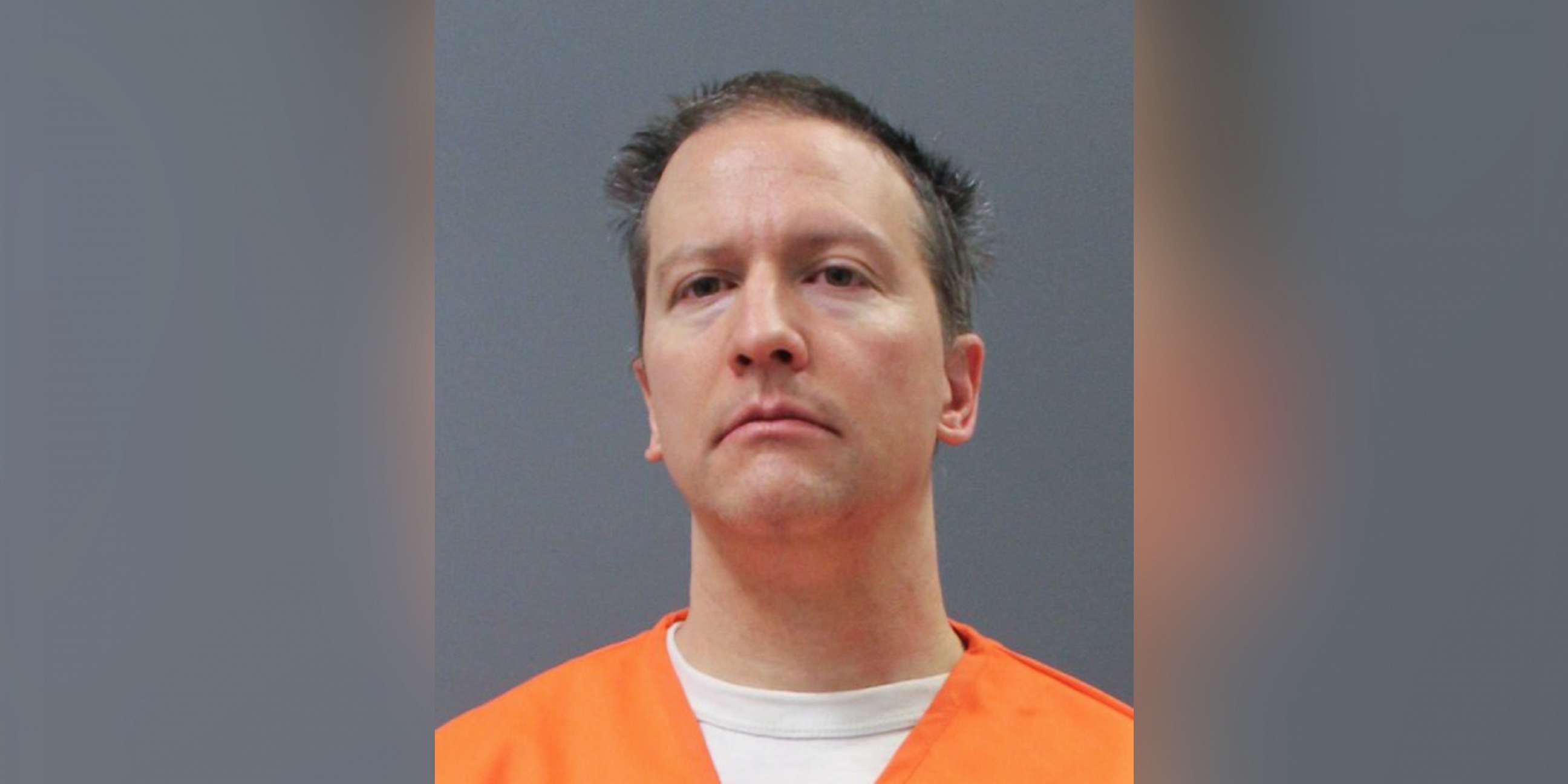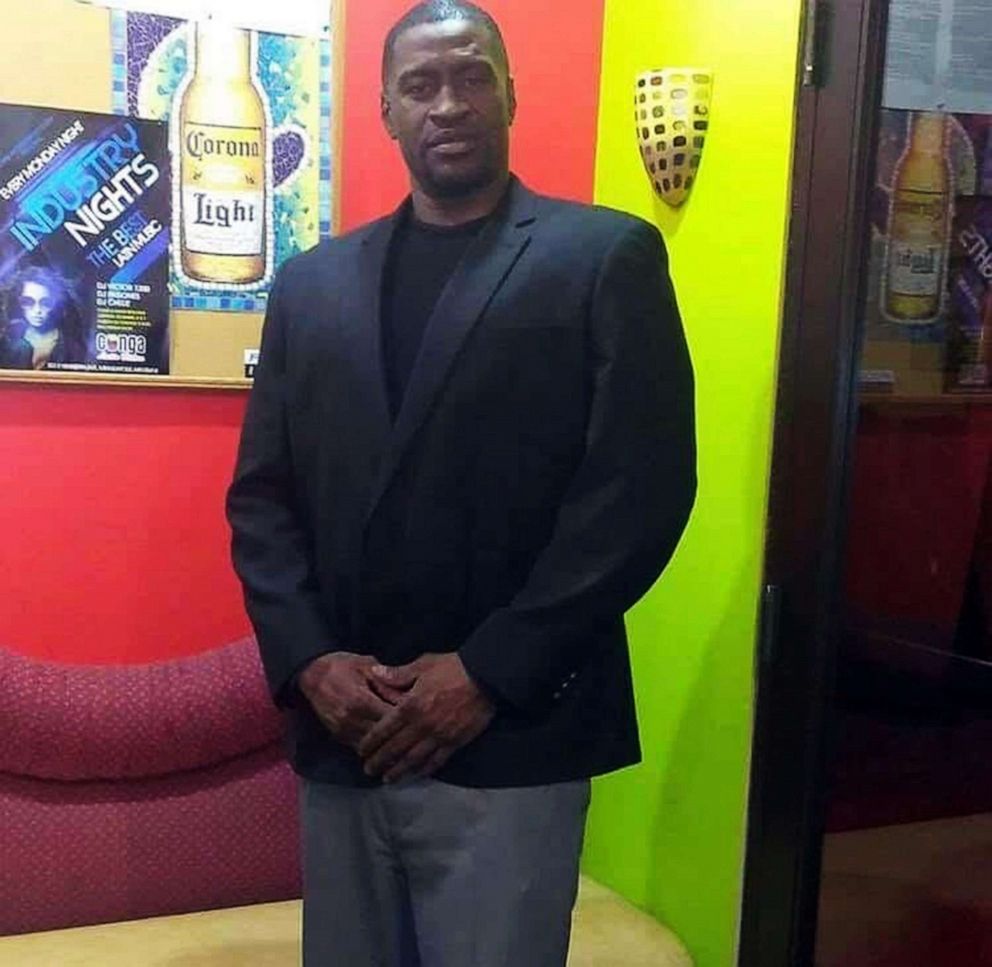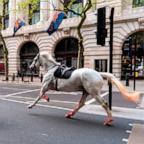Chauvin lawyer seeks sentence of time served, probation in murder of George Floyd; prosecutors seek 30 years
The defense is seeking a downward departure for the former police officer.
Derek Chauvin's attorney is seeking a sentence of time served for the former officer who was convicted in April of murdering George Floyd, court records filed Wednesday show.
Meanwhile, prosecutors have requested a severe sentence for Chauvin for acting with "particular cruelty" in the death of George Floyd. On Wednesday, the state filed a motion asking for a sentence of 30 years.
In a motion filed Wednesday, defense attorney Eric Nelson proposed a "strict probationary sentence" and prison equal to the time Chauvin has already served.
"In light of Mr. Chauvin's zero criminal history score, his mature age, low risk to re-offend, and the support of his friends and family, Mr. Chauvin is particularly amenable to a mitigated departure and urges this Court to grant his motions and pronounce a probationary sentence with an incarceration period of time served," Nelson wrote in the motion.

If that is declined, alternatively, the defense is asking for a prison sentence shorter than what is recommended by Minnesota sentencing guidelines.
Per state law, Chauvin will be sentenced on second-degree murder because it is the most serious charge. Minnesota sentencing guidelines suggest Chauvin is likely to receive up to 15 years, based on his lack of a prior criminal record.
Chauvin's sentencing has been scheduled for June 25.
Judge Peter Cahill has previously ruled that there were several "aggravating factors" in the case that would support a sentence above the range recommended by state guidelines.
In their latest motion, prosecutors argued for double the maximum sentence due to those factors, writing that "this Court found that Defendant's abuse of his position of trust and authority was 'egregious,' and that multiple aspects of Defendant's conduct were 'particularly cruel.'" They also pointed to the "extreme nature" of Chauvin's conduct, which was witnessed by four children.
"It is especially serious, for example, when a defendant's abuse of authority or particular cruelty is witnessed by children, as it was in this case," the motion stated.

Prosecutors also argued that a more severe sentence would "properly account for the profound impact of Defendant's conduct on the victim, the victim's family, and the community."
"His actions traumatized Mr. Floyd's family, the bystanders who watched Mr. Floyd die, and the community. And his conduct shocked the Nation's conscience," they wrote. "No sentence can undo the damage Defendant's actions have inflicted. But the sentence the Court imposes must hold Defendant fully accountable for his reprehensible conduct."
A jury found Chauvin guilty of second-degree murder, third-degree murder and second-degree manslaughter in April for the death of George Floyd in Minneapolis in May 2020.
Last month, Chauvin's legal team filed a motion requesting a new trial on multiple grounds, including jury misconduct.

On Wednesday, Nelson filed a new document further arguing for a new trial and change of venue, claiming that "cumulative errors, abuses of discretion, prosecutorial and jury misconduct deprived Derek Chauvin of a fair trial."
Nelson cited interviews two jurors -- Lisa Christensen and Brandon Mitchell -- gave in the wake of the guilty verdict. He alleged Christensen's interviews showed a "pressure to convict" Chauvin, and that Mitchell "came to a verdict to further political and social causes." Christensen was an alternate juror who did not have a role in the final verdict.
The document included a photograph of Mitchell that was widely circulated on social media last month showing him wearing a Black Lives Matter hat and a shirt with a picture of Martin Luther King Jr. that says, "get your knee off our necks," at an August 2020 march in Washington, D.C.
Mitchell defended his impartiality as a juror after the photo's circulation. He told the Star Tribune that he was "extremely honest" during the jury selection process.
"I gave my views on everything -- on the case, on Black Lives Matter," he said.
ABC News' Will Gretsky contributed to this report.






